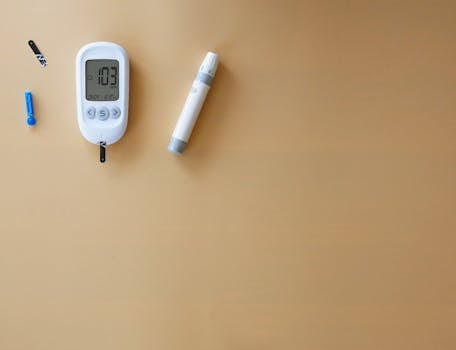
Understanding Hypertension: A Comprehensive Overview of Its Impact on Health
Takeaways:
- Hypertension, or high blood pressure, affects millions globally and is a leading risk factor for heart disease.
- Understanding the causes and symptoms of hypertension is crucial for effective management and prevention.
- Regular monitoring and lifestyle changes can significantly reduce the risk of hypertension-related health issues.
Hypertension, commonly known as high blood pressure, is a prevalent condition that affects millions of individuals worldwide. It is often referred to as a silent killer because it typically presents no obvious symptoms, yet it can lead to severe health complications if left unchecked. This article aims to provide a comprehensive overview of hypertension, exploring its causes, symptoms, and the significant impact it has on overall health.
What is Hypertension?

Causes of Hypertension

On the other hand, secondary hypertension is caused by underlying medical conditions or medications. Conditions such as kidney disease, hormonal disorders, or the use of certain drugs can lead to elevated blood pressure. Addressing these underlying issues can often help in managing secondary hypertension.
Symptoms of Hypertension

Impact of Hypertension on Health

- Cardiovascular Disease: Hypertension is a major risk factor for heart disease, heart attacks, and strokes. The increased pressure can lead to the hardening of arteries (atherosclerosis), which restricts blood flow.
- Kidney Damage: High blood pressure can damage the blood vessels in the kidneys, impairing their ability to filter waste from the blood effectively.
- Vision Loss: Hypertension can lead to retinopathy, a condition that affects the blood vessels in the retina and can cause vision impairment.
- Metabolic Syndrome: This cluster of conditions, including increased blood pressure, high blood sugar, excess body fat around the waist, and abnormal cholesterol levels, increases the risk of heart disease, stroke, and diabetes.
Management and Prevention

- Regular Monitoring: Regular blood pressure checks can help detect hypertension early and allow for timely intervention.
- Lifestyle Changes: Adopting a healthy diet, such as the DASH (Dietary Approaches to Stop Hypertension) diet, can significantly lower blood pressure. Reducing salt intake, increasing physical activity, and maintaining a healthy weight are also essential.
- Medications: For some individuals, lifestyle changes alone may not be sufficient. Doctors may prescribe antihypertensive medications to help manage blood pressure levels.
- Stress Management: Techniques such as mindfulness, yoga, and relaxation exercises can help reduce stress, which is a contributing factor to hypertension.
Conclusion







